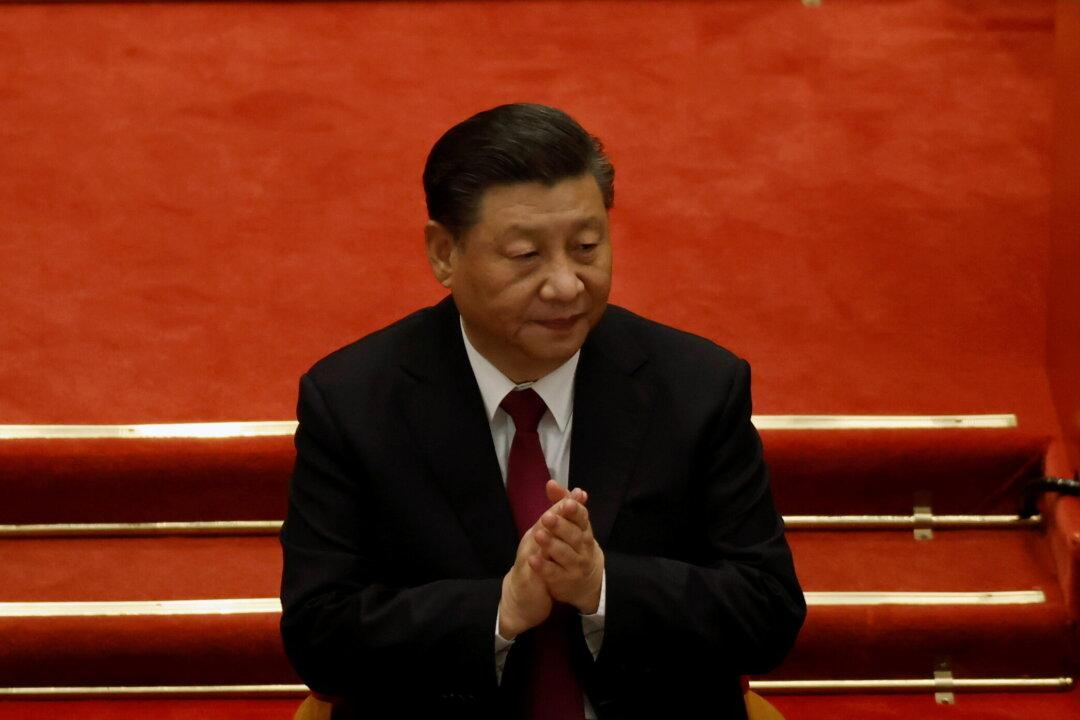Chinese leader Xi Jinping’s calls for a more “lovable” portrayal of the Chinese Communist Party (CCP) on the world stage will result in a major charm offensive from Beijing, but no slowdown to its aggression in the Indo-Pacific region, according to experts.
In late May, Xi reportedly told a “study session” conducted by the CCP’s Central Committee—the executive body of the regime—that China’s officialdom and state-controlled media need to reshape global opinion toward Beijing, which has plunged in recent years.





